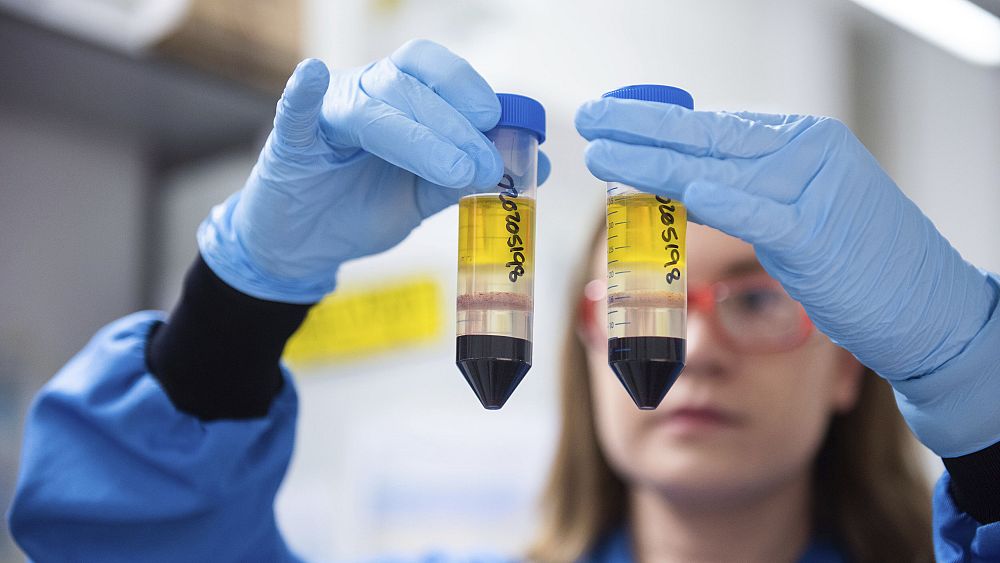
AstraZeneca and the University of Oxford's coronavirus vaccine's high efficacy may have been in part due to a dosing error.
In the press release on the vaccine's efficacy released on Monday, the vaccine candidate had a higher efficacy - up to 90% - in the group that received a half dose and then a full dose.
But the candidate vaccine was just 62% effective in the group that received two full doses.
Mene Pangalos, head of biopharmaceuticals research and development at AstraZeneca, admitted to Reuters on Monday that some participants received a half dose and then a full dose due to a dosing error.
Pangalos called it a "useful mistake" in a later interview with the New York Times, published on Wednesday.
Oxford University said in a statement on Wednesday that some of the vials in the trial did not have the right concentration of vaccine. The university said the problem was discussed with regulators and they decided to complete the late-stage trial in two groups, according to the AP.
Experts say the small number of people in the low dose group - some 2,741 - make it difficult to know if the effectiveness is a statistical quirk.
Also, none of the people in the low dose group were over 55 years old and younger people tend to have a stronger immune response than those who are older.
A spokesperson for the University of Oxford told Euronews that "as a result of a difference in the manufacturing process" the phase I trial method was "shown to over-estimate the dose on the new batches of vaccine resulting in a half dose of the vaccine being administered as the first dose".
After discussing with the regulator, the two different concentrations were tested in phase III trials.
David Salisbury, an associate fellow of the global health program at Chatham House said another area of confusion is that the press release pooled results from the two groups to reach an average of 70% efficacy.
“You’ve taken two studies for which different doses were used and come up with a composite that doesn’t represent either of the doses,″ Salisbury told the AP. “I think many people are having trouble with that.″
Researchers say a smaller first dose could be more effective because you need just the right amount to get a good immune response.
Some have criticised AstraZeneca and Oxford for a lack of transparency in the results release.
"Astrazeneca/Oxford get a poor grade for transparency and rigor when it comes to the vaccine trial results they have reported. This is not like Pfizer or Moderna where we had the protocols in advance and a pre-specified primary analysis was reported," Natalie Dean, an assistant professor of biostatistics at the University of Florida.
"If they seek to get the half-dose approved, they should wait until they have a compelling result. Otherwise, we can land in 'evidence limbo.'"
More detailed results from the trials are expected to be provided to regulators who will decide whether to authorise the vaccine.
Moncef Slaoui, who leads the US coronavirus vaccine program, said in a call with reporters that US officials are trying to determine what immune response the vaccine produced.
They may decide to modify the AstraZeneca study in the US to include a half dose: “But we want it to be based on data and science,” he said.
Euronews has reached out to AstraZeneca for comment.
Business - Latest - Google News
November 26, 2020 at 03:20PM
https://ift.tt/2V6TSZI
AstraZeneca reveals dosing mistake in coronavirus vaccine trials - Euronews
Business - Latest - Google News
https://ift.tt/2Rx7A4Y
Bagikan Berita Ini














0 Response to "AstraZeneca reveals dosing mistake in coronavirus vaccine trials - Euronews"
Post a Comment